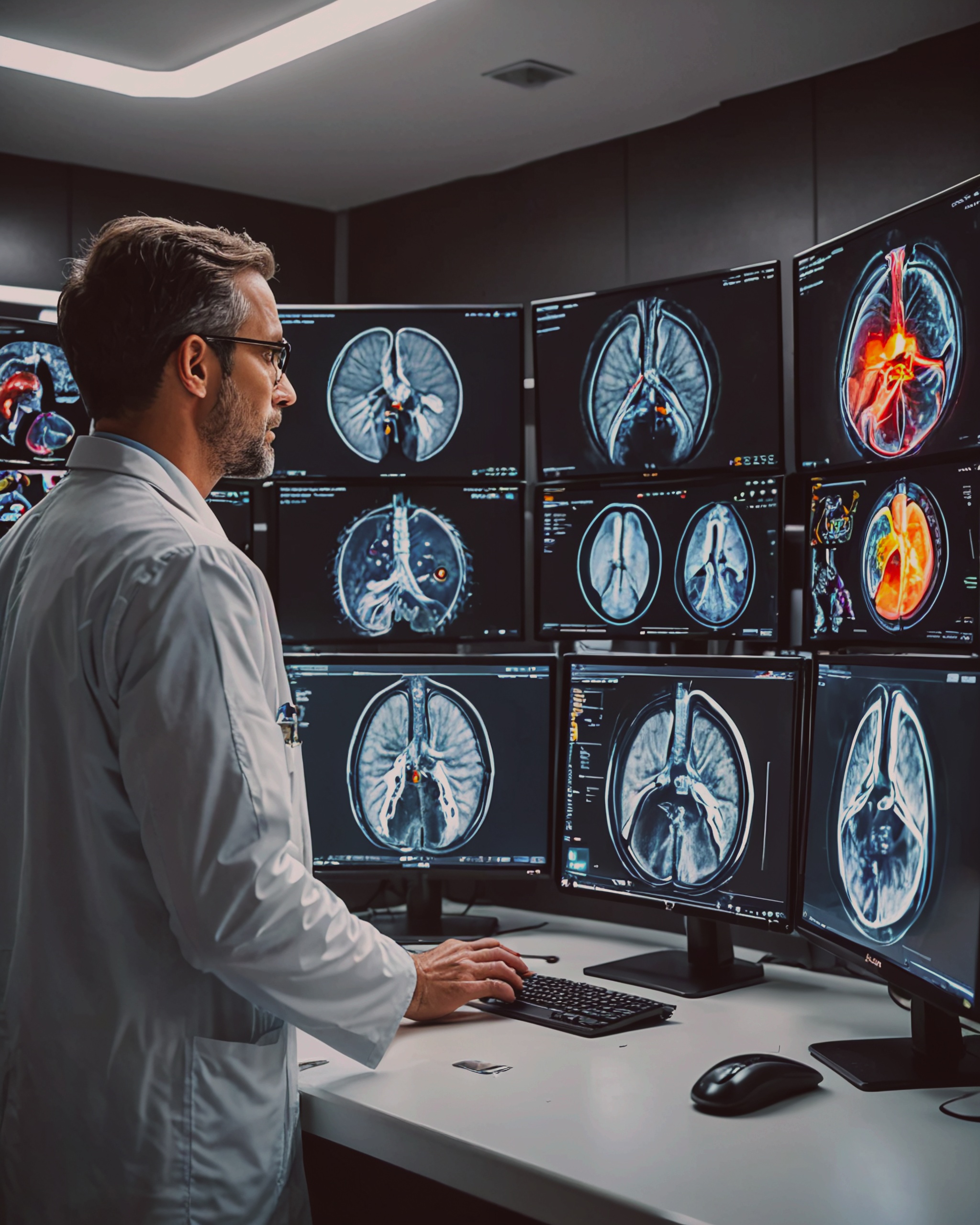AI Boosts Prostate Cancer Detection Accuracy by 17%, UCLA Study Finds
A new study from UCLA reveals that AI can help detect cancer by surpassing doctors in detecting prostate cancer, a common cancer among men. This breakthrough in AI cancer detection technology promises to improve diagnostic accuracy and patient outcomes.
AI Cancer Detection vs. Doctors: The Accuracy Comparison
According to a press release from UCLA, AI cancer detection tools identified prostate cancer with an accuracy of 84%, significantly higher than the 67% accuracy achieved by physicians. Learn more about how AI is transforming cancer diagnostics.
Introducing Unfold AI: The Technology Behind AI Cancer Detection
Unfold AI, developed by Avenda Health in California and recently cleared by the US Food and Drug Administration, utilizes an advanced AI algorithm for AI cancer detection using various clinical data. Explore the latest advancements in AI technology.
Study Methodology: Urologists, Radiologists, and AI Analysis
The study involved seven urologists and three radiologists who examined 50 cases where tumors had been removed, searching for residual cancer. Several months later, the AI software conducted the same analysis. Read more about the role of radiologists in cancer detection.
Negative Margin Rate: AI’s Superior Precision
The “negative margin rate,” which indicates the absence of cancer cells surrounding the removed tissue, was 45 times higher in cases detected by AI, demonstrating the effectiveness of AI cancer detection in reducing the likelihood of leaving cancer behind. Understand the importance of negative margin rates in cancer treatment.
Real-World Application: Dr. Ali Kasraeian’s Experience
Dr. Ali Kasraeian, a urologist at Kasraeian Urology in Jacksonville, Florida, utilizes Unfold AI in patient consultations for managing prostate cancer. “The AI analyzes a patient’s pathology, imaging, and biopsy results, creating a 3D cancer estimation map,” he explained.
Personalized Treatment Plans
The results from Unfold AI help determine if a patient is better suited for focal therapy or more radical treatments like radical prostatectomy or radiation therapy, optimizing cancer care through AI cancer detection.
AI’s Impact on Treatment Decisions: A Patient’s Perspective
Joshua Trachenberg, Ph.D., a UCLA neurobiology professor and prostate cancer patient, chose to explore alternative treatments to gland removal after his diagnosis. The UCLA team used Unfold AI to create a 3D map, enabling precise cancer targeting with AI cancer detection while preserving the gland.
Successful Outcomes: Avoiding Radical Prostatectomy
Trachenberg is now cancer-free without undergoing a radical prostatectomy. He highlighted that many men fear treatment due to the risks of gland removal, and AI technologies like Unfold AI offer less invasive options for AI cancer detection.
Future of Prostate Cancer Treatment
Trachenberg expressed hope for the future of prostate cancer treatment, emphasizing the need for patients to explore all options, including AI cancer detection technologies.
Expert Insights: Potential Risks and Limitations
Dr. Harvey Castro, an emergency medicine physician and AI expert, stressed the importance of high-quality data for AI cancer detection accuracy and warned against overreliance on AI. He emphasized that AI should complement, not replace, clinical judgment and highlighted the need for stringent data protection measures.
Making AI Accessible: Addressing Cost Barriers
Dr. Kasraeian expressed hope that the study would encourage making AI innovations more accessible to urologists and patients, addressing the significant cost barriers of AI cancer detection technologies.For the latest health update follow us at WS Coverage.



